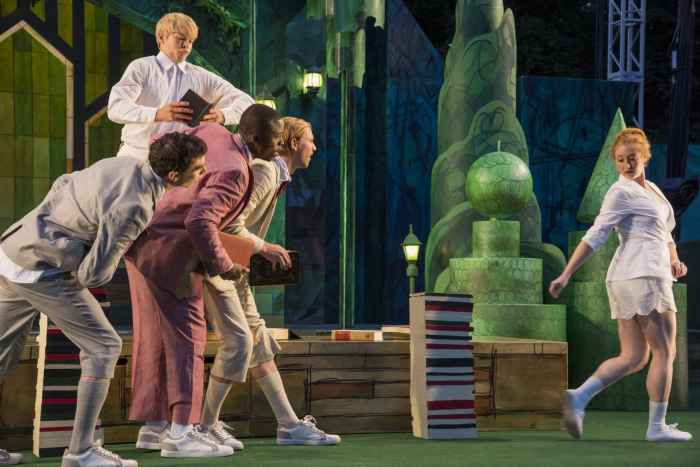Love’s labour’s lost berowne monologue – In William Shakespeare’s witty and insightful play, “Love’s Labour’s Lost,” Berowne’s monologue stands as a captivating exploration of the nature of love, the power of language, and the conflict between love and reason. Berowne, a quick-witted and eloquent courtier, delivers this monologue in Act IV, Scene III, as he grapples with the complexities of his own romantic feelings and the societal expectations surrounding love.
Through Berowne’s monologue, Shakespeare delves into the multifaceted nature of love, examining its various forms and exploring its profound impact on human experience. Berowne’s eloquent words reveal his keen understanding of the human heart and the complexities of romantic relationships.
Berowne’s Monologue: Introduction

Berowne’s monologue is a pivotal speech delivered by the character Berowne in William Shakespeare’s play “Love’s Labour’s Lost.” This monologue occurs in Act IV, Scene III, after Berowne has overheard a conversation between the Princess of France and her ladies-in-waiting.
The monologue reveals Berowne’s complex and evolving views on love, language, and the conflict between reason and emotion.
The Nature of Love
In his monologue, Berowne explores the multifaceted nature of love. He begins by dismissing love as a “madness,” a “frenzy,” and a “beastly appetite.” However, as he continues to speak, his tone shifts, and he acknowledges the transformative power of love.
He recognizes that love can inspire people to greatness, to acts of kindness and compassion. Berowne also distinguishes between different types of love, including courtly love, passionate love, and marital love.
The Power of Language
Berowne’s monologue is also a testament to the power of language. He uses language to express his thoughts and emotions about love with wit and eloquence. He employs rhetorical devices such as puns, metaphors, and similes to create a vivid and memorable speech.
Berowne’s use of language demonstrates the close connection between love and language, and how language can be used to both express and shape our understanding of love.
The Conflict between Love and Reason
Throughout his monologue, Berowne grapples with the conflict between love and reason. He recognizes that love is often irrational and unpredictable, but he also believes that it is an essential part of the human experience. Berowne ultimately reconciles these two opposing forces by arguing that love can be both rational and irrational, and that it is the tension between these two forces that makes love so powerful.
The Humorous and Witty Aspects of the Monologue, Love’s labour’s lost berowne monologue
In addition to its philosophical insights, Berowne’s monologue is also known for its humor and wit. Berowne uses wordplay, puns, and other comedic devices to create a speech that is both entertaining and thought-provoking. The humor in Berowne’s monologue helps to lighten the play’s tone and provides a contrast to the more serious themes that are explored.
The Significance of the Monologue in the Play
Berowne’s monologue is a turning point in “Love’s Labour’s Lost.” It marks the moment when Berowne realizes the true nature of love and renounces his vow to avoid women. The monologue also foreshadows the play’s eventual resolution, in which all of the characters find true love.
Berowne’s monologue is a key piece of the play, and it provides a profound and insightful exploration of the nature of love, language, and the conflict between reason and emotion.
Expert Answers: Love’s Labour’s Lost Berowne Monologue
What is the central theme of Berowne’s monologue?
The central theme of Berowne’s monologue is the exploration of the nature of love, its various forms, and its impact on human experience.
How does Berowne use language in his monologue?
Berowne uses language as a tool to express his thoughts and emotions about love, employing wit, humor, and eloquent turns of phrase to convey his insights.
What is the conflict that Berowne presents in his monologue?
Berowne presents the conflict between love and reason, exploring the tension between the passionate desires of the heart and the logical dictates of the mind.

